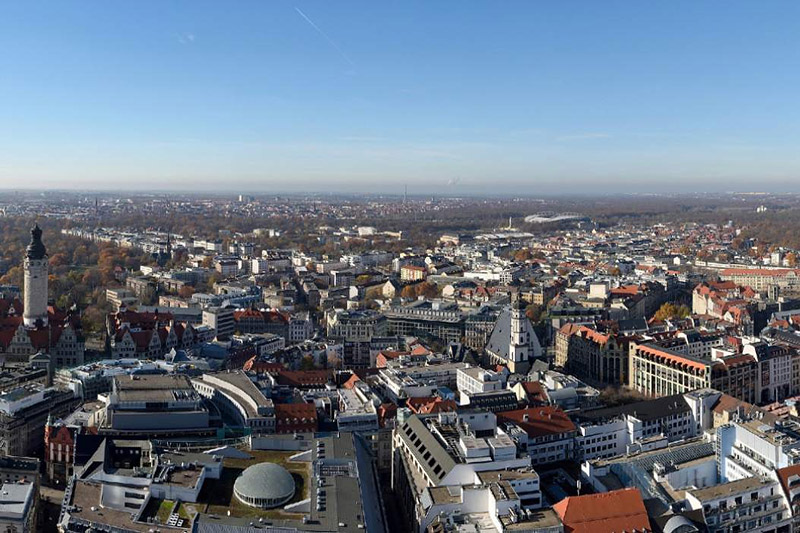House prices could fall by up to 10 percent, German study says

House price corrections on the horizon in Germany, DIW says
Experts have long agreed that the German housing market is overheated, having seen years of consistently skyrocketing prices. Earlier this year, the investment bank UBS rated two German cities as having some of the most overpriced housing in the world, while in February the Bundesbank put the rate of over-valuation at around 40 percent.
What the experts can’t agree on, however, is just how unstable the situation is right now - and if a bubble burst and price readjustments are on the horizon, how much house prices are likely to fall by.
One study, published last week by the German Institute for Economic Research (DIW), has said that while huge drops look unlikely for the time being, the risk of “severe” price corrections is increasing. Speaking to Reuters, study author Konstantin Kholodilin from the DIW said, “We are not about to hugely burst the property price bubble in Germany, but price drops of up to 10 percent for condominiums and homes are quite possible.”
What’s particularly concerning to the experts at DIW is how the cost of buying a house and renting has diverged massively this year. As SPIEGEL reports, prices for all types of housing in the 97 cities included in DIW’s survey have risen by 11 percent this year, while rental costs have only increased by 4 percent.
“Since real estate purchases are refinanced through rental income - or in the case of owner-occupation through saved rental payments - real estate prices should develop in line with rents in the long term,” DIW explained. When this doesn’t happen, it suggests that real estate is being used as a speculative investment, pushing prices well above their worth and fuelling volatility on the market.
Housing market in Germany seems stable for now
Assessing the current state of the market, Kholodilin and his fellow study author Malte Rieth highlighted a number of different factors: while the looming economic downturn is reducing the availability and affordability of mortgages - which could bring about a cooling of the market - there are still a lot of options with long-term fixed interest rates and as yet no sign that household debt is increasing - which are supportive conditions for real estate purchases.
But Kholodin and Rieth write that the main factor currently driving up the price of houses is the combination of high demand and low availability - and with German cities now seeing their populations rise once again in the aftermath of the coronavirus pandemic, and not enough homes being built, this isn’t a problem that’s going away any time soon.
DIW calculations show that prices for houses have roughly doubled over the past decade, while rents rose by an average of 56 percent. A property in one of the biggest cities in Germany now costs almost 28 times more than the equivalent annual rent, the most it’s been since the mid-1990s.
Source: IamExpat Media
Published: December 8, 2022